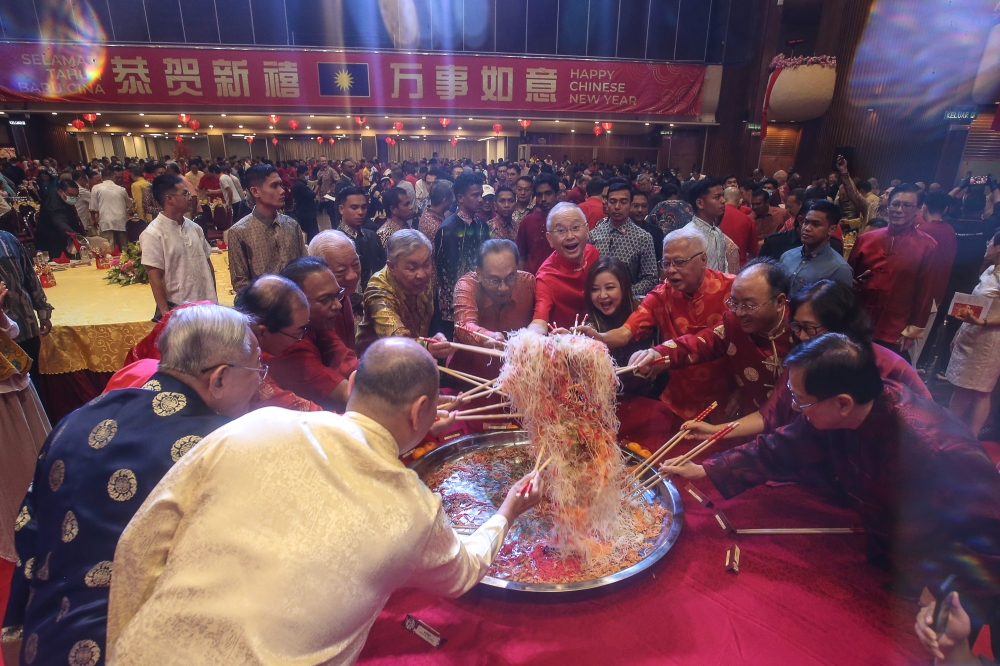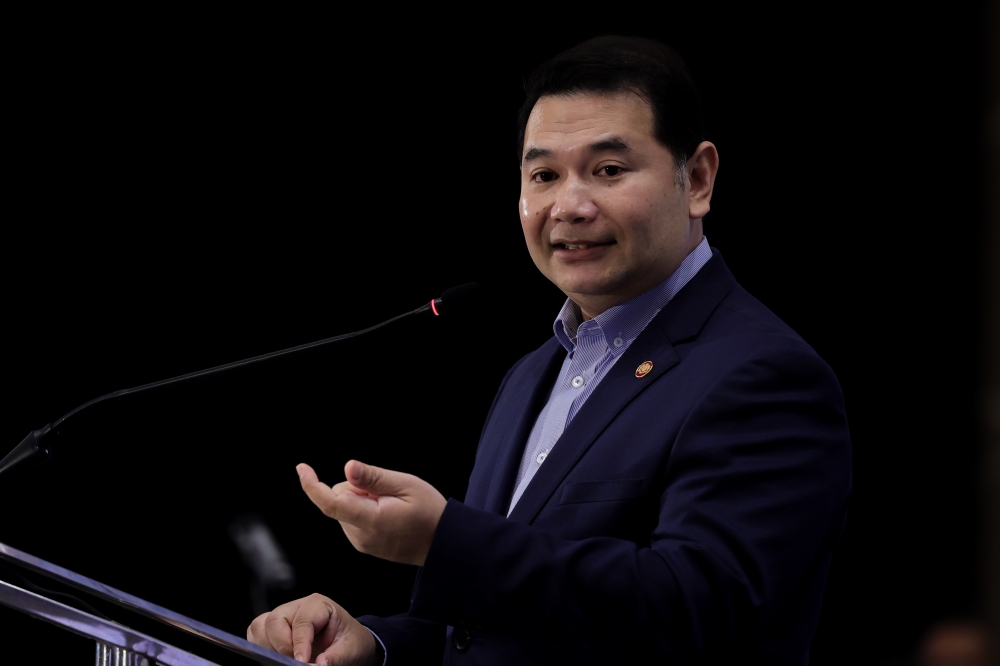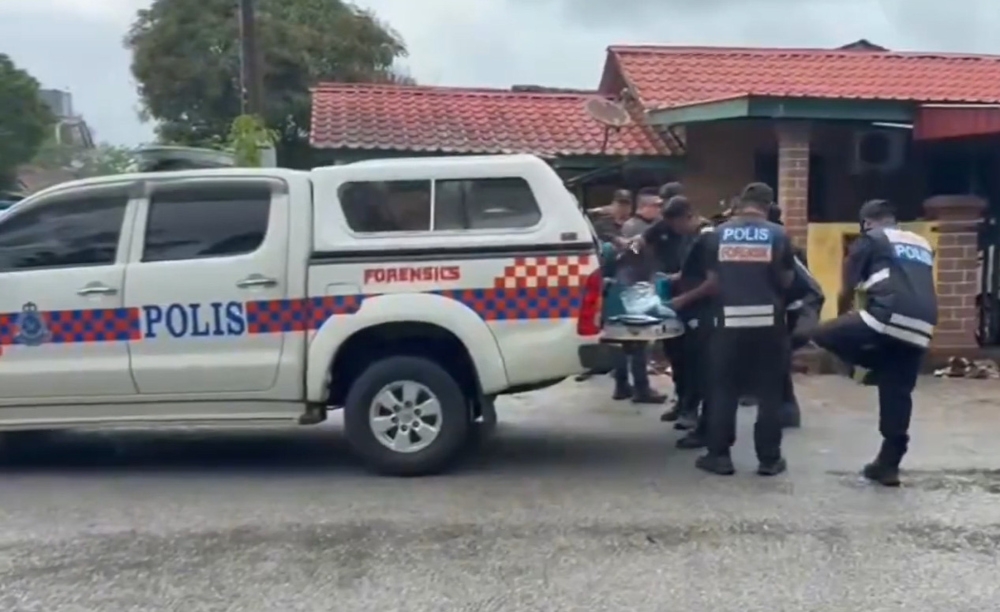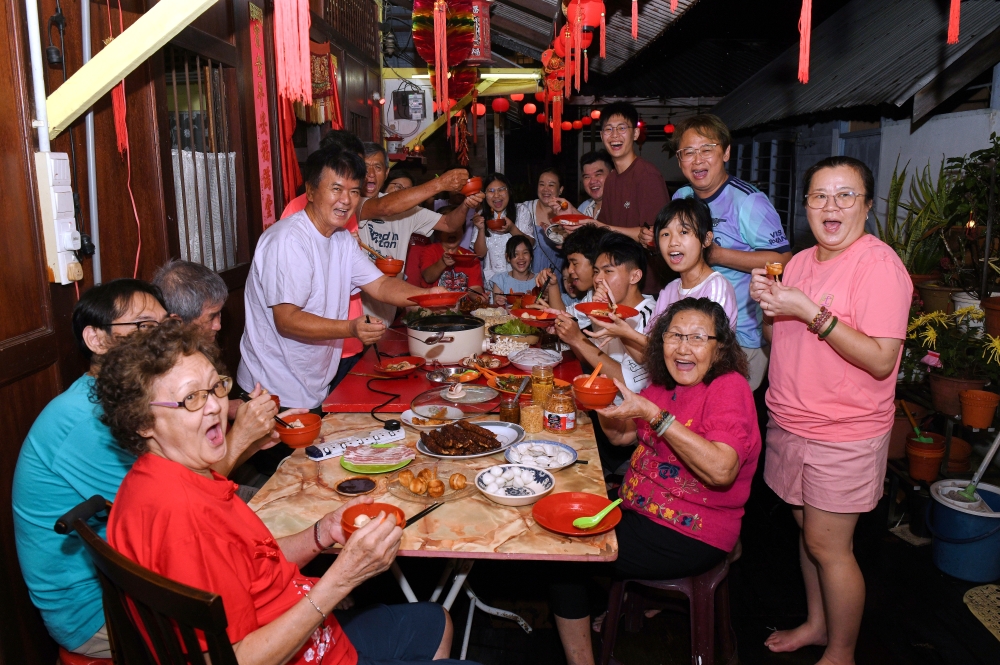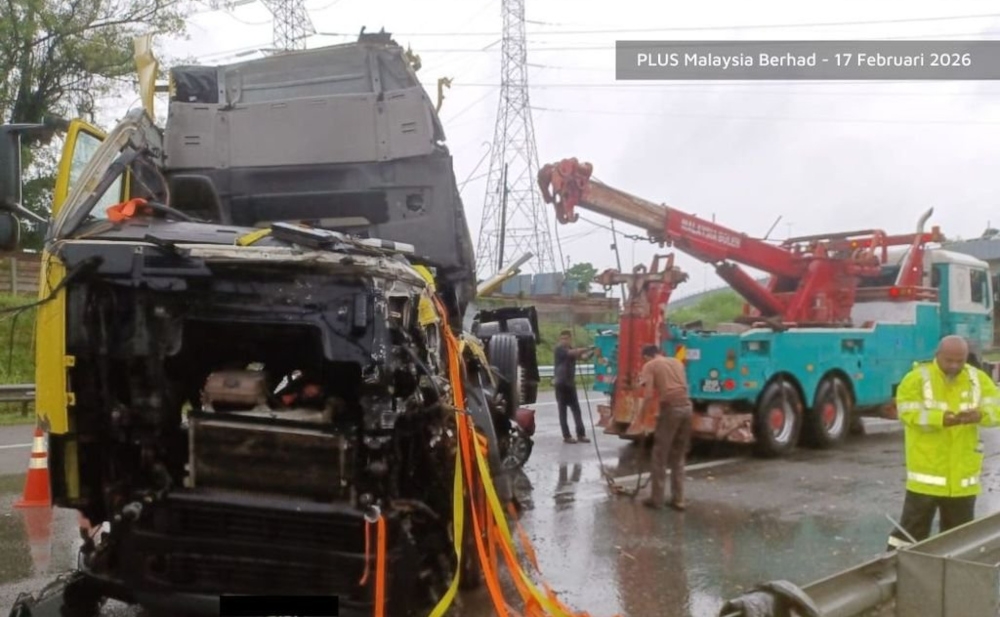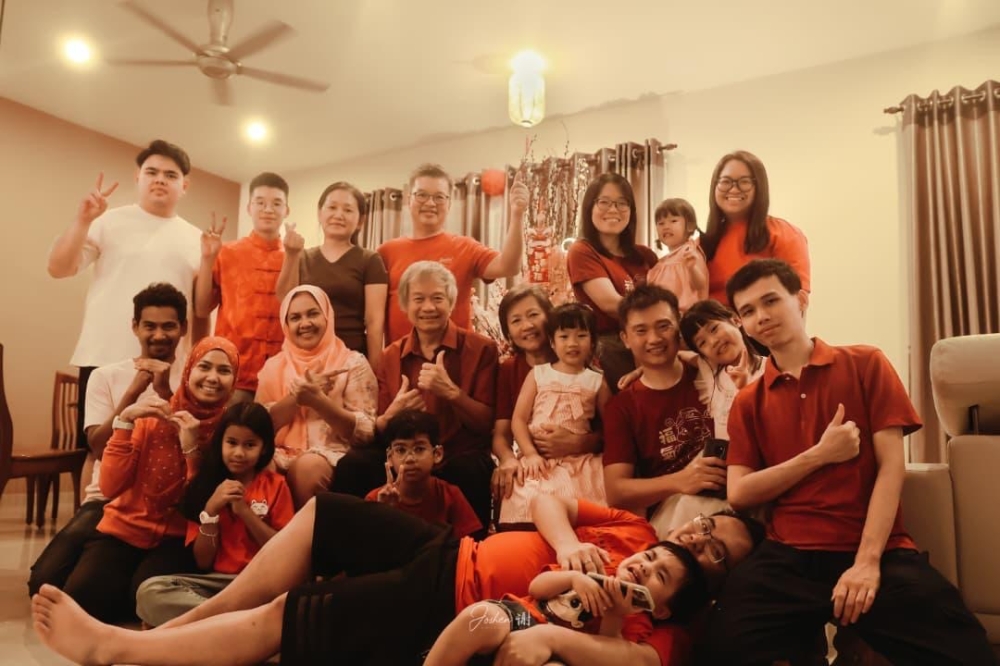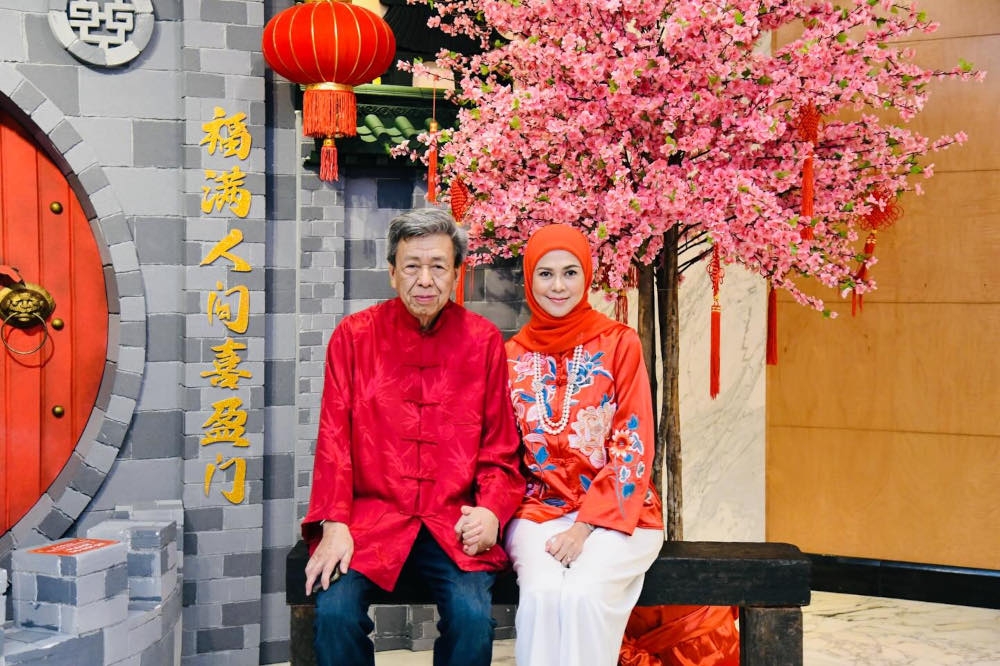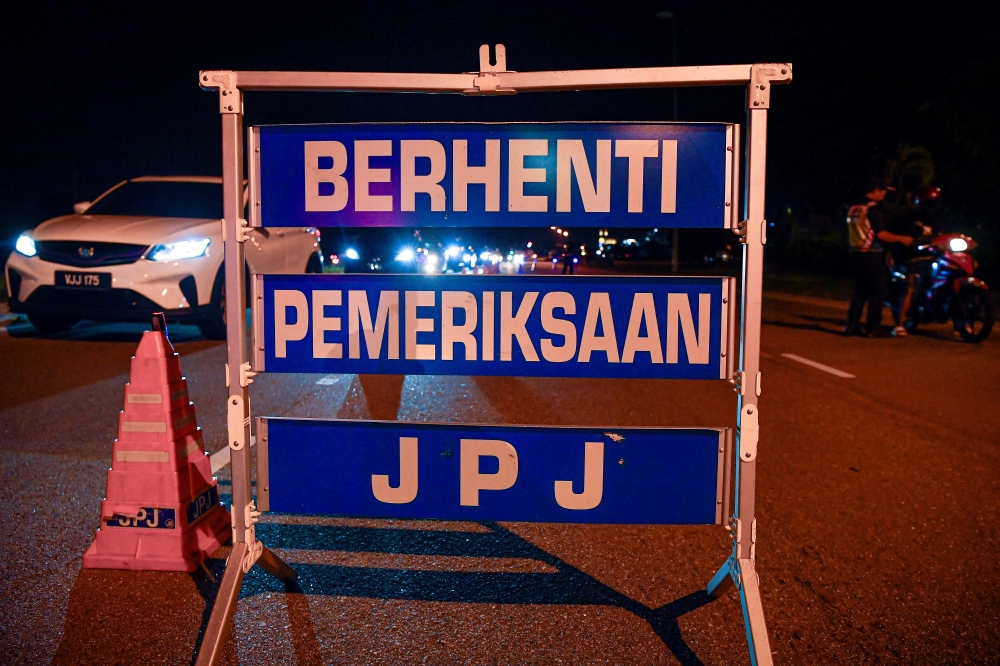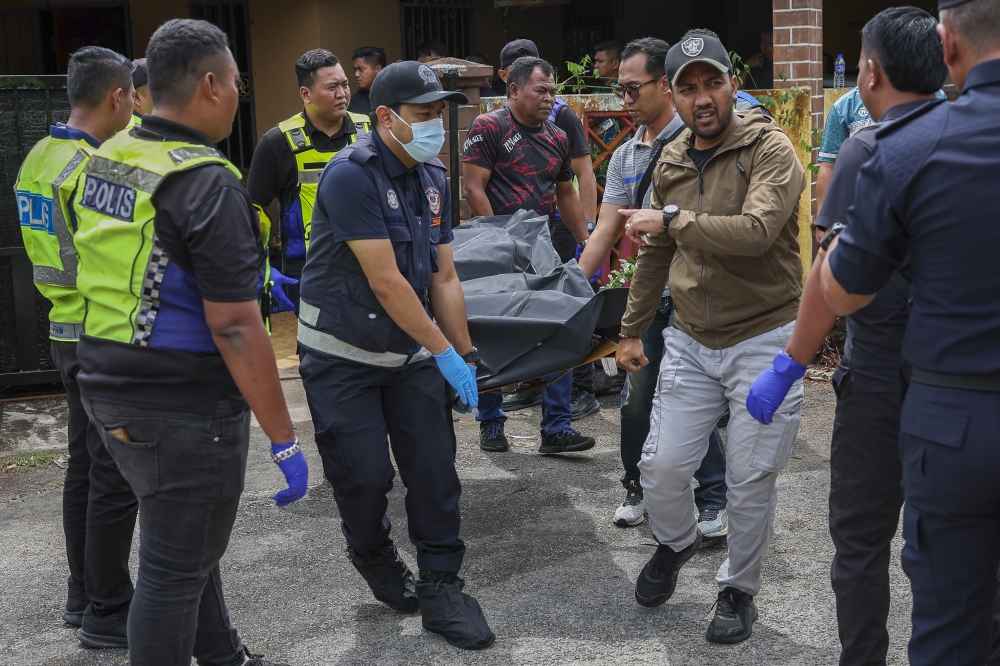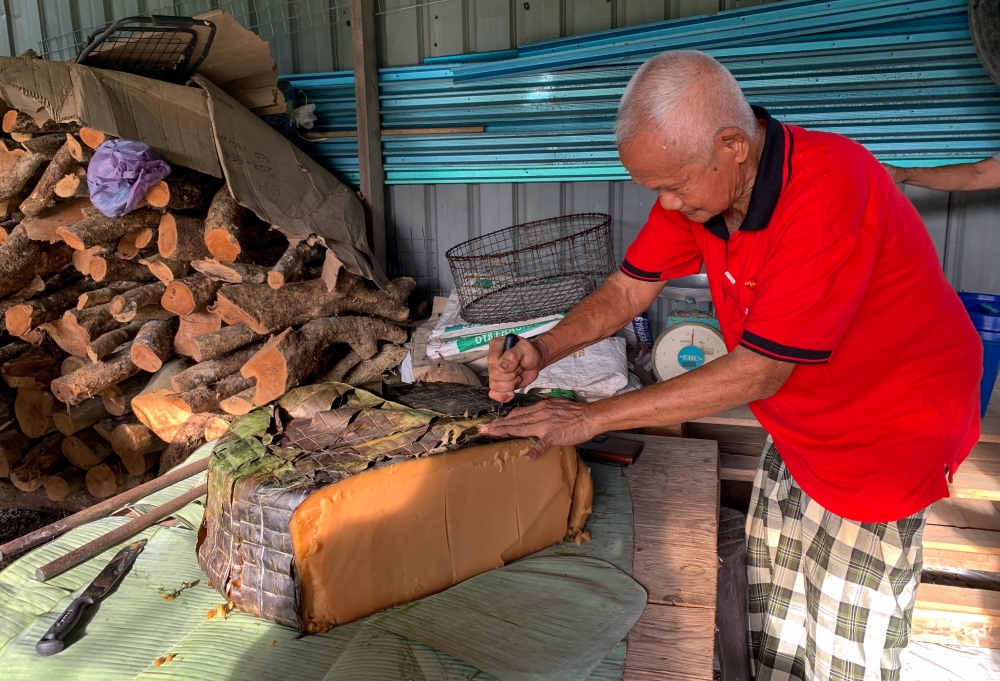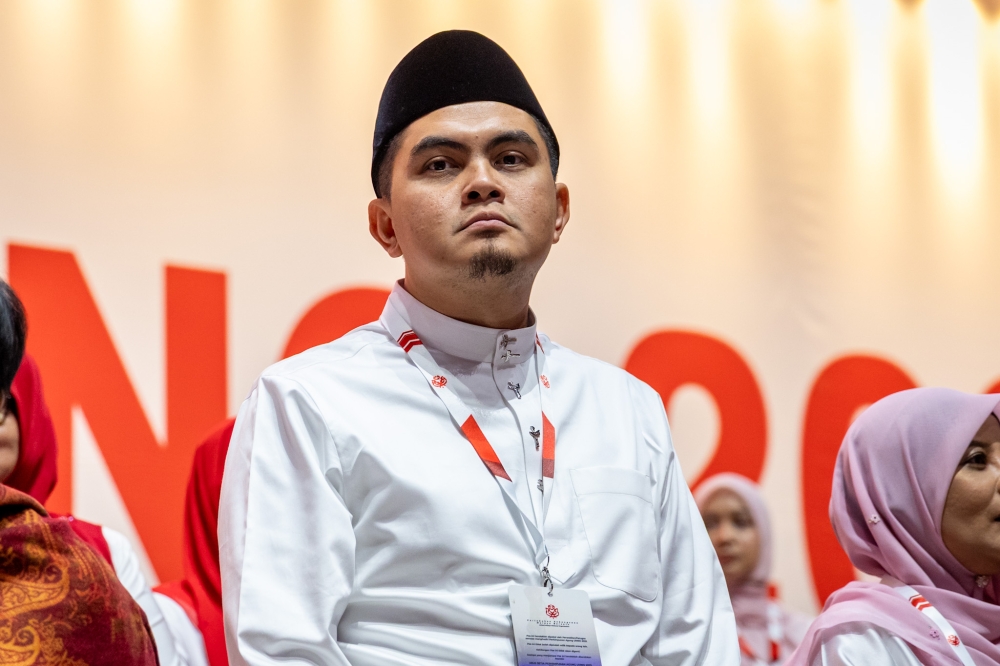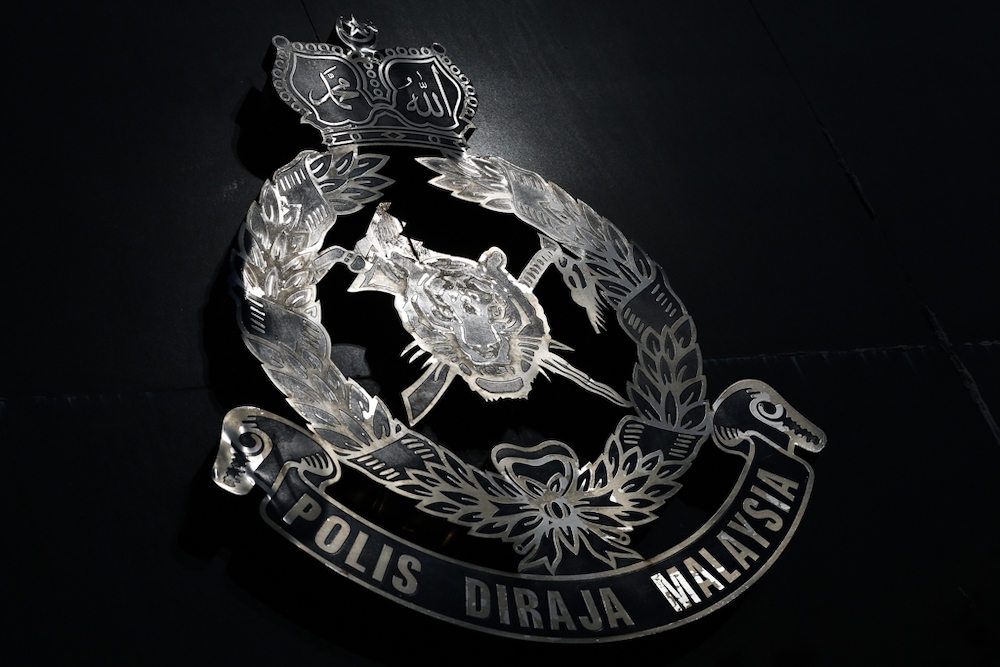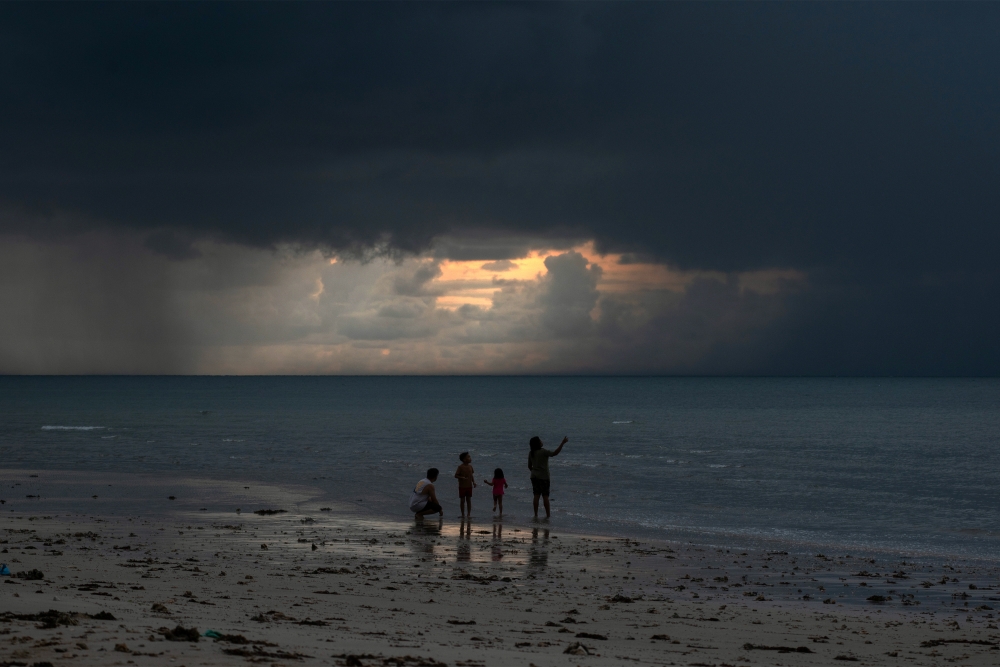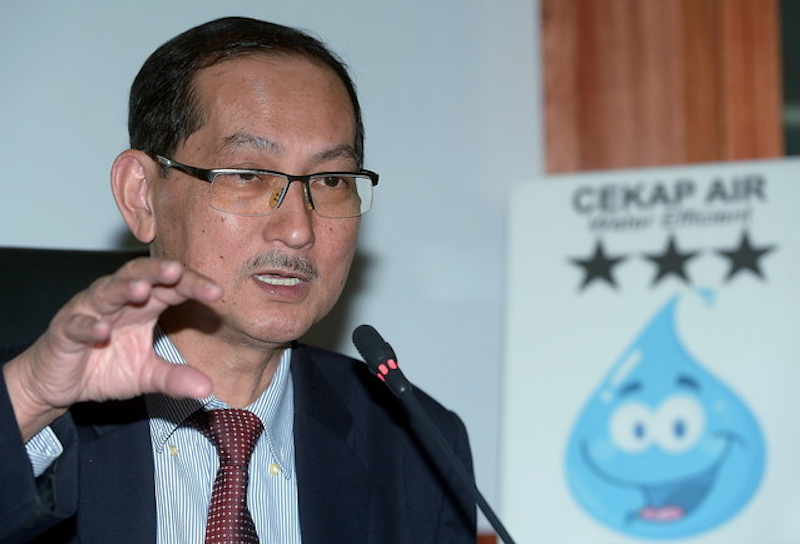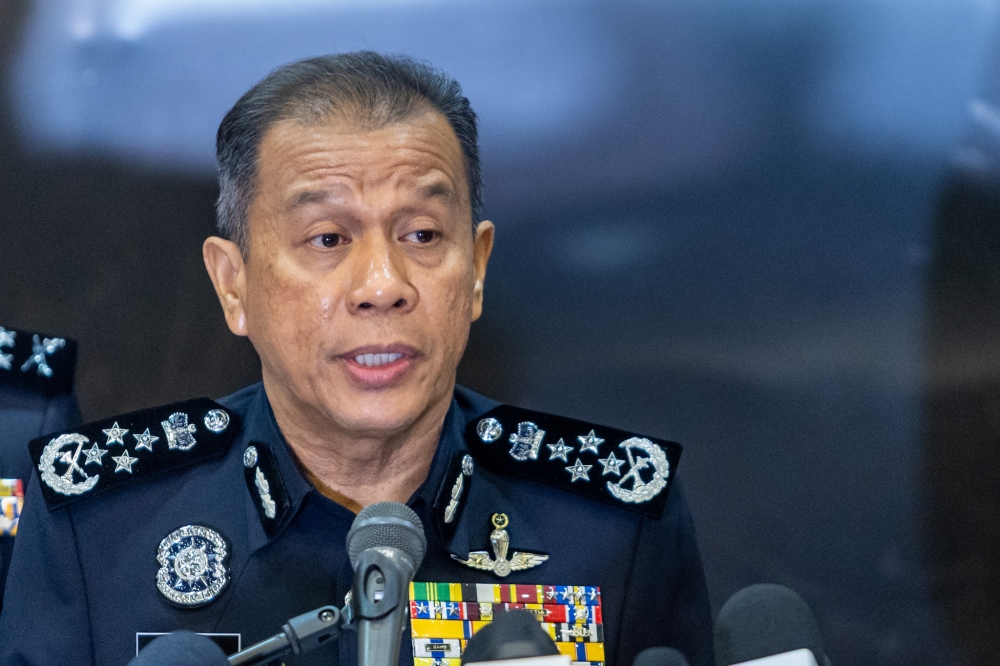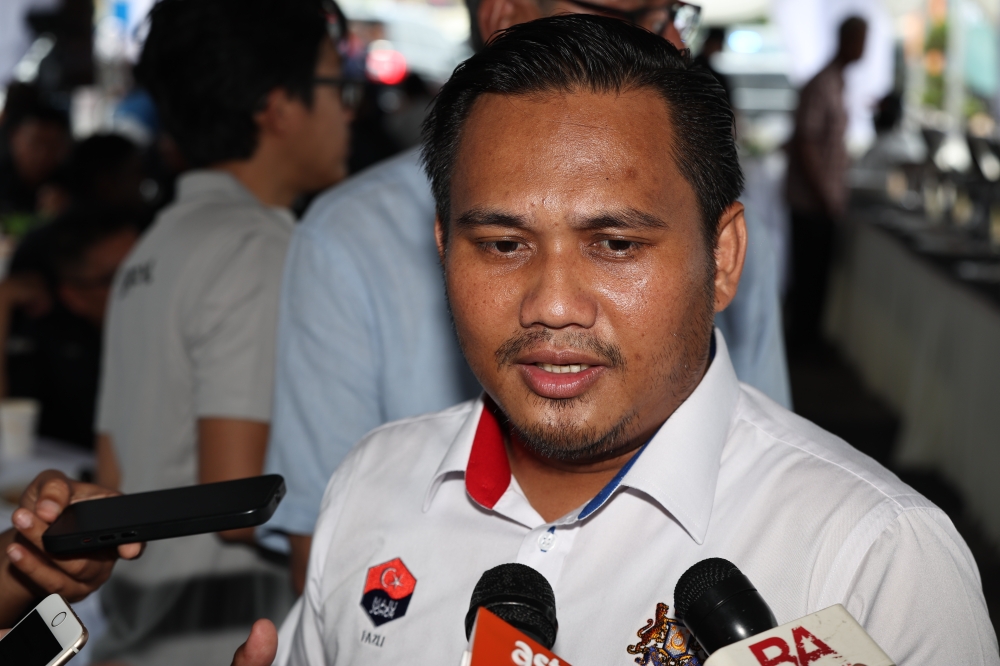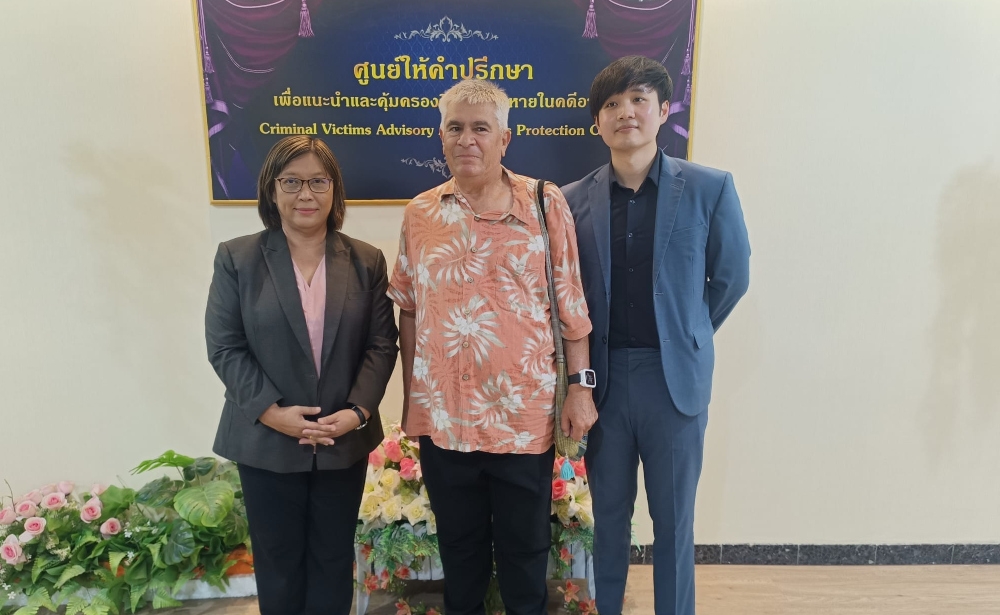CYBERJAYA, Feb 1 — In some states in Malaysia, the water tariff has remained the same for over 20 years. As such, concessionaires have been operating at a loss.
The CEO of the National Water Services Commission (SPAN) Datuk Mohd Ridhuan Ismail said with income remaining the same for the past 20 years, water concessionaires faced constant difficulties in providing quality treated water and improving services.
“Imagine receiving the same salary you received when you first started working 20 years ago. Would you still be able to survive the changing times?
“It would undoubtedly be difficult, but that is what majority of the water concessionaires have to deal with,” he said.
He told Bernama that the cost of building new treatment plants today was indubitably more than it was 20 or 30 years ago. However, this was the rate that concessionaires had to bear with in order to maintain the same tariff rates from decades ago.
Pahang last reviewed its rate 36 years ago (1983), making it the state that has maintained the same water tariff for the longest time in the country. This is followed by Perlis (1996) and Terengganu (1997).
The last time Perak and Selangor reviewed its water tariff was in 2006 while in Kedah it was 2010 and Kelantan 2013. Penang, the Federal Territory of Labuan and Johor last reviewed their water tariff in 2015.
“Although Negri Sembilan and Melaka last reviewed its water tariff in 2015, the increase only affected commercial and industry users. The tariff for domestic users in Negri Sembilan has not been reviewed since 18 years ago and for Melaka, eight years ago,” he explained.
Although the tariff increase for both states were fairly recent, he said, they still needed to be reviewed because the operations cost of treated water today was not the same as in 2015.
The last time Pahang reviewed its industry tariff was in 1983, Perlis (1996), Terengganu (1997), Perak (2006), Selangor (2006), Kedah (2010) and Kelantan (2013). Johor, Negri Sembilan, Penang, the Federal Territory of Labuan and Melaka last reviewed their industry water tariff in 2015.
Necessary for quality
In early January, the Minister for Water, Land and Natural Resources Dr A. Xavier Jayakumar was reported as saying that water tariff rates might be increased in stages this year, in line with the government’s efforts to restructure the water supply services in the country.
He said the increase in the natural resource was necessary to protect the consumer’s interest in getting good water quality and ensuring the industry’s services.
Although he gave his assurance that the increase would not burden the people, the announcement was enough to generate a heated debated. Some NGOs that opposed to the proposed hike argued that it was an unwise move at a time when the cost of living was already high.
They were also concerned that the hike would contribute to a host of other issues like a rise in the prices of goods by irresponsible traders.
The fact is that any hike in the cost of utilities would be met with public dissension.
However, water concessionaires must also be given room to speak on the reality of water management in this country and the reality is that it costs a lot to provide quality water.
Domestic users in Malaysia pay an average of 52 sen per 1,000 litres of water compared to RM2 in the Philippines and nearly RM4 per 1,000 litres of water in other Asean countries like Singapore.
Cigarettes, coffee cost more
Mohd Ridhuan said that it was possible that Malaysians never really thought about the “value” of treated tap water.
“Perhaps the public never stopped to think about how much 1,000 litres is. Imagine this: we pay around RM2.50 per 1.5 litre bottle of mineral water while about 667 of such bottles of treated water would cost only 52 sen.
“The cost of a 1.5 litre bottle of mineral water can actually get us nearly 4,000 litres of treated tap water. And we have yet to compare that against the price of a pack of cigarettes which cost RM17 or a cup of coffee and a renowned coffee chain, which could cost over RM20,” he said.
“Studies show that the average monthly water bill for domestic use in the country is between RM14 and RM17 a month — much cheaper than what we would willingly pay for a packet of cigarette or a cup of coffee,” he said.
It is rather strange to think how majority of people do not mind spending frivolously on non-essential items but become extremely particular when having to spend on a necessity like treated water.
What many do not know is that it can be very costly to manage, treat, and supply quality treated water.
Based on the Malaysia Water Industry Guide (MWIG) 2018, the average cost of treating and distributing every 1,000 litres of water to domestic consumers RM2.31. However, consumers only pay 52 sen for the amount for the first 20,000 litres of water.
The loss would have to be borne by water concessionaires. Furthermore, concessionaires would also have to bear the cost of upgrading treatment plants, repairing old and broken pipes and upgrading to new technology.
Asbestos pipes
Mohd Ridhuan said that 27.3 per cent of the pipes used today are made with asbestos, dating back to the time before Merdeka. In addition to being a health hazard, these pipes can no longer withstand water pressure and often leak or break.
There is therefore a pressing need to change the pipes to newer, safer and better quality ones. This will also help reduce the volume of non-revenue water (NRW) due to leakage.
Water theft and pipe leaks are the main contributors of NRW. Some 75 per cent of the NRW in the country is caused by leaking and broken water pipes and as such, it is necessary to replace aging pipes promptly.
Mohd Ridhuan said that the current national NRW rate was 35.3 per cent and the government was targetting to reduce it to at least 31 per cent by 2020.
“The 2018 MWIG data shows that 847km of asbestos pipes have been replaced in 2017. The balance of 41,560km of asbestos pipes need to be gradually replaced.
“The public often complains of dirty and yellow tap water that was not suitable for immediate consumption. The truth is that treated water straight from the treatment plant is safe to drink because it meets the stipulated standards (of water safety).
“However, when this water is channelled through aged and leaking pipes, impurities get mixed in. This is why we need to boil tap water before drinking it and ensure that the pipes are replaced,” he explained.
Mechanism
A review of the water tariff needs to be done promptly due to the increasing demand for treated water.
Mohd Ridhuan said that there is a 2 to 5 per cent increase in treated water supply every year due to an increasing population and new development.
Based on the MWIG 2018 data, 16,884 million litres of treated water are supplied throughout the country daily with Selangor (Selangor, Kuala Lumpur and Putrajaya) receiving the highest volume of water supply at 4,842 million litres of water a day.
At times, many of the treatment plants even had to operate above its capacity, he said.
“A treatment plant may be able to process only up to 100 million litres a day but at times it is “forced” to process up to 130 million litres a day to meet the demand.
“This would eventually cause these plants to break down or shut down, unless it is upgraded soon,” he revealed.
Mohd Ridhuan said the public wanted low water tariffs but at the same time demanded the best level of service from concessionaires despite their limitations.
“That is why it is imperative that the current tariff is reviewed and standardised. I don’t know how much longer these concessionaires can hold out because they are burdened by debts.
“If the situation is not remedied soon, we may experience compromised water quality and even a water crisis in the future because of dwindling treated water reserves,” he said.
He said that SPAN, which was established in 2007 as a governing body to oversee the supply of treated water in Peninsular Malaysia and the Federal Territory of Labuan, was currently discussing with several state governments solutions to the issue.
Mohd Ridhuan assured that the ministry through SPAN would introduce a transparent water tariff calculation mechanism to ensure any increase was done in a controlled manner while protecting the interests of consumers. — Bernama

